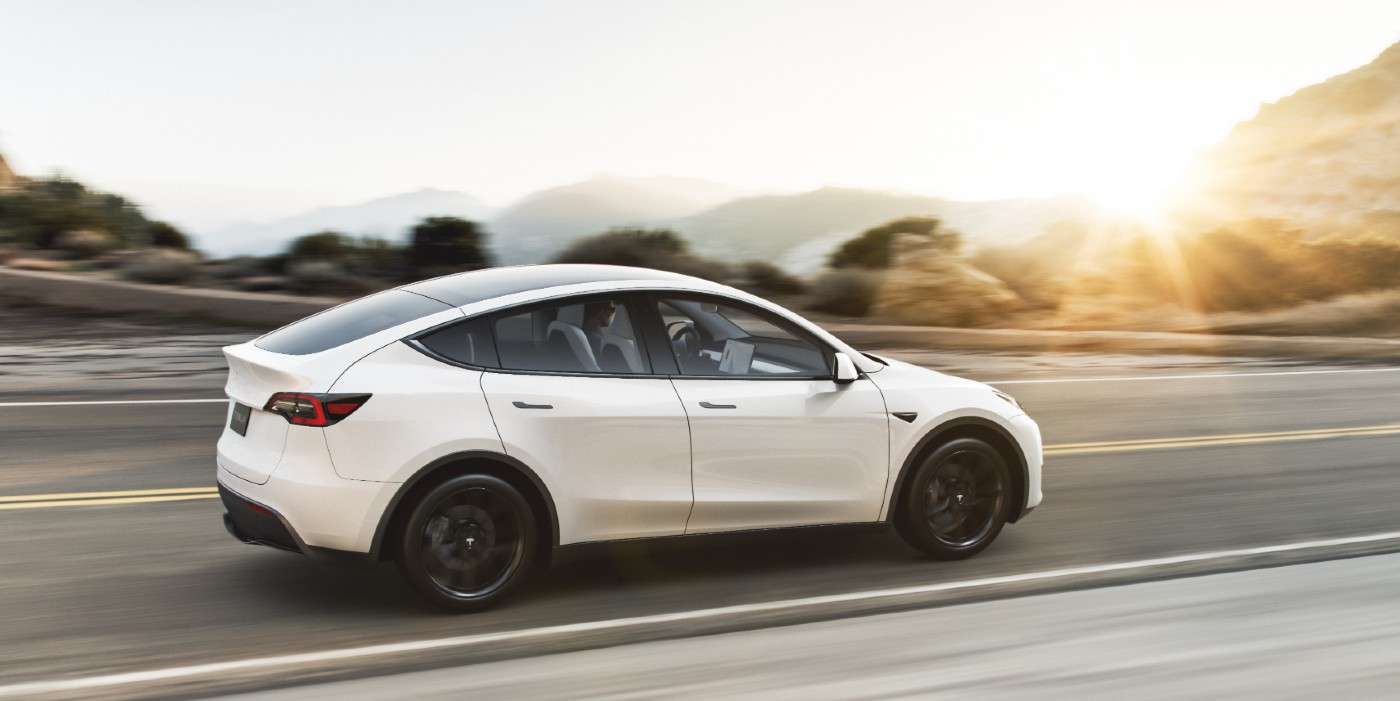Zero-Emission Trucks Set To Make New Zealand A World Leader In Hydrogen Energy
Trucks and fuel points from Hiringa Energy and Hyzon Motors will make New Zealand a world leader in hydrogen-powered zero-emissions shipping.

Elon Musk, the enigmatic CEO of Tesla announced at the company's annual shareholder meeting that they would begin manufacturing their own battery packs in order to drive the cost down sufficiently to be able to sell a Tesla car for no more than $25,000.
Musk said the car would come to market in about three years following the ramp up in production of its new battery and cell, and that it would be "fully autonomous."
The cost of lithium-ion batteries has already gone down a huge amount in recent years. According to BloombergNEF, the inflation-adjusted average price of battery packs for Tesla cars has dropped from $1,160/kWh in 2010 to $156/kWh in 2019. That means batteries are already around 87% cheaper than they were a decade ago.
Saying that, the Model 3, currently Tesla's cheapest car, still starts at $38,000, limiting its appeal to those concerned about cutting emissions but without such levels of disposable income.
Speeding the transition from fossil fuels in cars won't be possible until the lower price brackets of the automotive sector are reached, which in turn can't be done until battery technology becomes that bit cheaper.
Musk said the car would come to market in about three years following the ramp up in production of its new battery and cell, and that it would be "fully autonomous."
The cost of lithium-ion batteries has already gone down a huge amount in recent years. According to BloombergNEF, the inflation-adjusted average price of battery packs for Tesla cars has dropped from $1,160/kWh in 2010 to $156/kWh in 2019. That means batteries are already around 87% cheaper than they were a decade ago.
Saying that, the Model 3, currently Tesla's cheapest car, still starts at $38,000, limiting its appeal to those concerned about cutting emissions but without such levels of disposable income.
Speeding the transition from fossil fuels in cars won't be possible until the lower price brackets of the automotive sector are reached, which in turn can't be done until battery technology becomes that bit cheaper.
Well-loved by owners and driving enthusiasts, Tesla's success with its range of electric cars recently catapulted it past several milestones, including producing the most sold electric car in history, and one of the world's most valuable automotive stocks.
As an article in Wired describes Musk as one to "never over-promise or under-deliver," the 2023 deadline for a $25,000 Tesla is possible, but it's forcing him to reduce costs of battery production everywhere he can find them.
Market forces, such as supply and demand and laissez faire trade policy, can quickly drive down the cost of products. Classic examples of these forces in action can be found in our memories from when we were younger, when plasma TVs cost $4,000 and mobile phone calls ran up $2 per minute.
The same effects have driven the costs of producing electric car batteries down over recent years, as makers invest in research and development to satisfy consumer demands for common complaints like range and charging time.
To drive costs down even further, Musk is bringing battery production home from Japan and China, where Tesla's battery packs and cells are currently made, by opening a lithium and cathode plant in North America.
This will drop travel expenses, lowering the cost of battery production to around a level where a $25,000 car becomes possible.
POWER Up The Positivity By Sharing The Good News On Social Media…
Be the first to comment